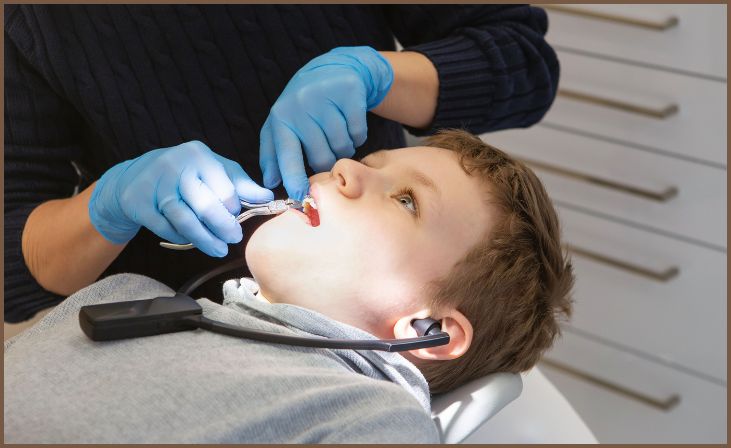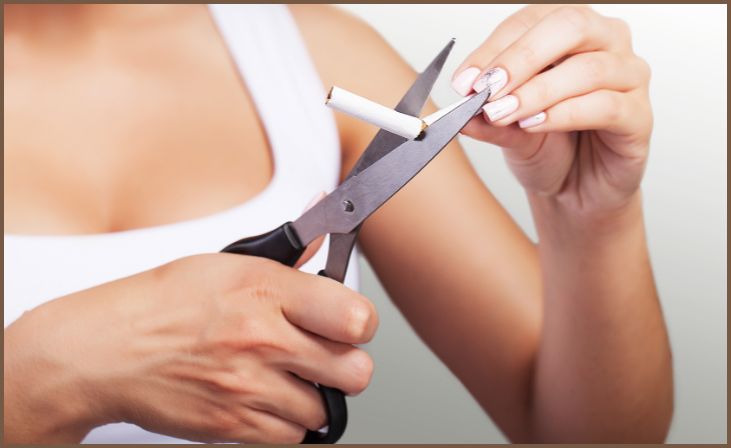Welcome to our comprehensive guide on optimal oral health habits, where we go beyond brushing to uncover essential practices for a healthy smile. While brushing your teeth twice a day is crucial, it’s just one piece of the puzzle when it comes to maintaining good oral hygiene. Incorporating additional habits into your routine can significantly improve your dental health and overall well-being.
In this guide, we’ll explore a range of essential habits that go beyond brushing, including flossing, tongue cleaning, and mouthwash usage. We’ll also delve into the importance of a balanced diet, regular dental check-ups, and avoiding harmful habits like smoking. By adopting these practices, you can enhance the health of your teeth and gums, prevent oral diseases, and enjoy a radiant smile for years to come.
Beyond Brushing: Essential Habits for Optimal Oral Health
Maintaining a Balanced Diet
A balanced diet is essential for optimal oral health. Consuming a variety of nutrient-rich foods, including fruits, vegetables, lean proteins, and whole grains, provides essential vitamins and minerals that support healthy teeth and gums. Limiting sugary and acidic foods and beverages helps prevent tooth decay and erosion, while drinking plenty of water throughout the day helps rinse away food particles and maintain saliva production, which helps protect against cavities and gum disease. By maintaining a balanced diet, individuals can support their overall health and enhance their oral health.
Practicing Proper Oral Hygiene

Proper oral hygiene is fundamental for maintaining optimal oral health. Brushing your teeth twice a day with fluoride toothpaste helps remove plaque and bacteria from the teeth and gums, while flossing daily helps clean between teeth and along the gumline where a toothbrush may not reach. Additionally, using an antimicrobial mouthwash can help reduce bacteria and freshen breath. Establishing a consistent oral hygiene routine and practicing proper brushing and flossing techniques are key to preventing dental problems and promoting overall oral health.
Also Read: Smile-Centric Living: Embracing a Lifestyle of Dental Wellness
Using Fluoride Products
Fluoride is a mineral that helps strengthen tooth enamel and protect against tooth decay. Using fluoride toothpaste and drinking fluoridated water can help remineralize teeth and make them more resistant to acid attacks from bacteria and plaque. In addition to brushing with fluoride toothpaste, consider using fluoride mouthwash or receiving professional fluoride treatments from your dentist to further enhance protection against cavities and promote long-term oral health.
Quitting Tobacco Use

Tobacco use, including smoking and chewing tobacco, poses serious risks to oral health. Smoking and tobacco use not only stain teeth and contribute to bad breath but also increase the risk of gum disease, oral cancer, and other oral health issues. Quitting tobacco use is essential for protecting oral health and reducing the risk of associated complications. Consider seeking support from healthcare professionals or support groups to quit smoking or using tobacco products and improve your oral and overall health.
Limiting Alcohol Consumption
Excessive alcohol consumption can negatively impact oral health by drying out the mouth and promoting bacterial growth, leading to an increased risk of tooth decay and gum disease. Limiting alcohol consumption and staying hydrated by drinking water can help maintain saliva production and protect against oral health problems. Additionally, avoiding sugary and acidic alcoholic beverages can further reduce the risk of tooth decay and erosion. By moderating alcohol consumption, individuals can support their oral health and overall well-being.
Using Protective Mouthguards

Protective mouthguards are essential for preventing dental injuries during sports activities and other high-risk situations. Wearing a mouthguard helps cushion the teeth and gums from impact and reduces the risk of fractures, dislocations, and other traumatic injuries. Custom-fitted mouthguards, provided by a dentist, offer the best protection and comfort, but over-the-counter mouthguards can also provide some level of protection. Encouraging the use of mouthguards among athletes and individuals engaging in physical activities can help prevent dental injuries and preserve oral health.
Seeking Regular Dental Check-ups
Regular dental check-ups are essential for maintaining optimal oral health and detecting any potential issues early on. Schedule biannual dental appointments for professional cleanings and examinations to ensure that your teeth and gums are in optimal condition. During these visits, your dentist can identify any signs of decay, gum disease, or oral cancer and provide appropriate treatment or recommendations for further care. Additionally, don’t hesitate to consult with your dentist if you experience any dental pain, discomfort, or changes in oral health between scheduled appointments.
Practicing Stress Management

Stress can have a significant impact on oral health, contributing to teeth grinding, jaw clenching, and other oral habits that can cause dental problems. Practicing stress management techniques such as deep breathing, meditation, exercise, and relaxation exercises can help reduce stress levels and prevent associated oral health issues. Additionally, seeking support from mental health professionals or support groups can provide valuable coping strategies for managing stress and promoting overall well-being. By prioritizing stress management, individuals can support their oral health and enhance their quality of life.
Conclusion
In conclusion, optimal oral health goes beyond simply brushing your teeth; it encompasses a holistic approach that includes regular flossing, tongue cleaning, and mouthwash usage. By adopting these essential habits, along with maintaining a balanced diet and attending regular dental check-ups, you can ensure the health and longevity of your smile. Remember, preventive care is key to avoiding costly and painful dental problems in the future. So, make these habits a priority in your daily routine, and reap the rewards of a confident, healthy smile for life.
FAQs
Is flossing really necessary for good oral health?
Yes, absolutely. Flossing helps remove plaque and food particles from between teeth and along the gumline, areas where toothbrushes can’t reach effectively, reducing the risk of cavities and gum disease.
How often should I visit the dentist for check-ups?
It’s recommended to visit the dentist for a check-up and professional cleaning at least twice a year, or as advised by your dental provider. Regular dental visits help detect and address oral health issues early, preventing potential complications down the line.
